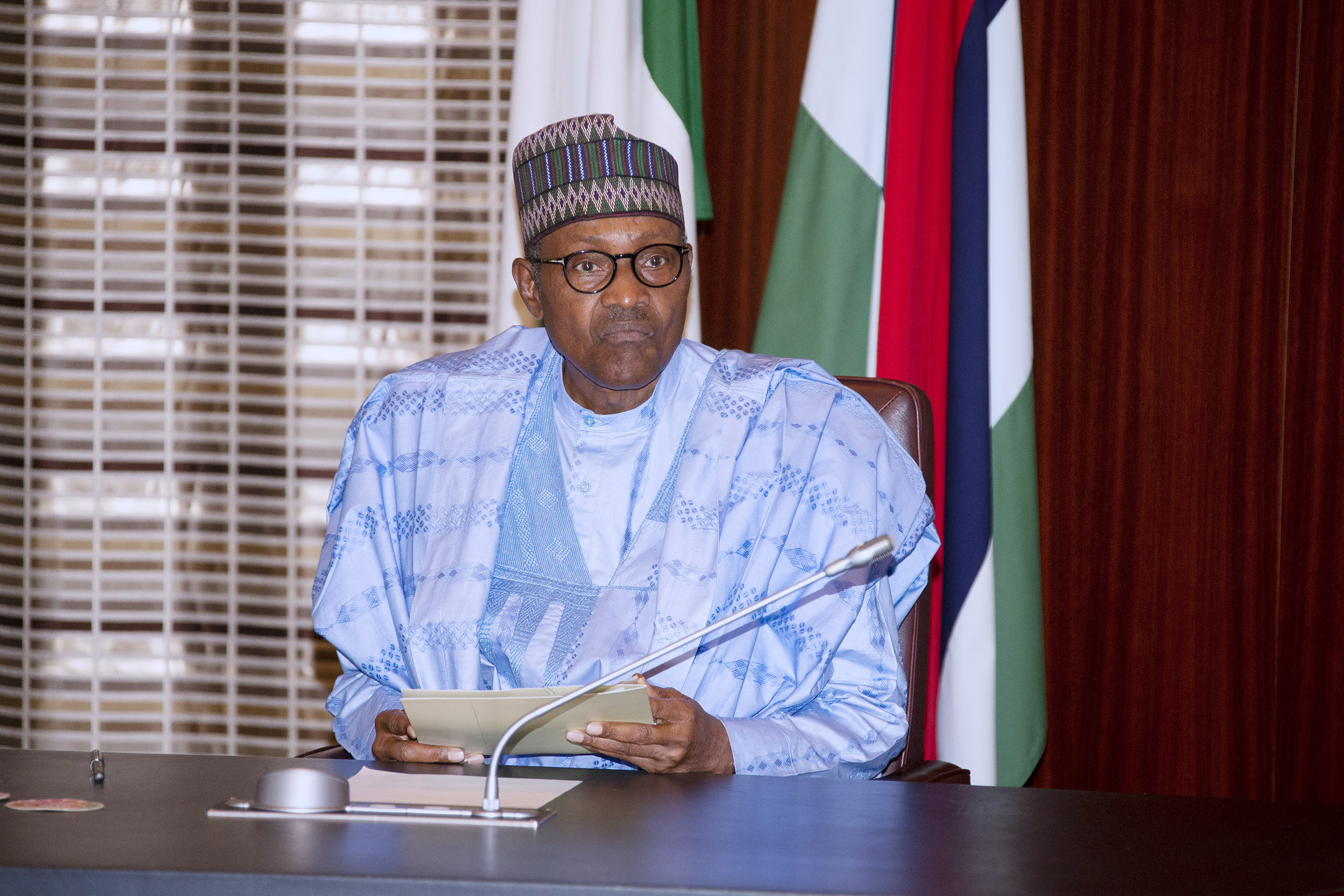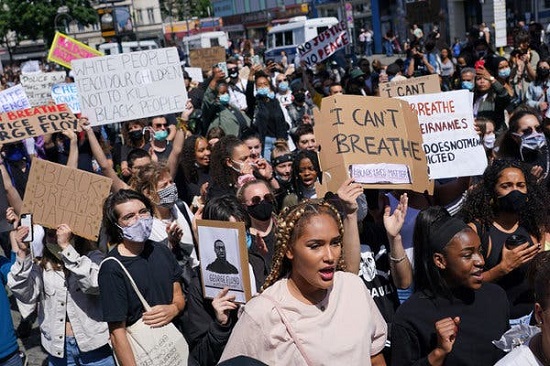In some desperate situations some people are better wired to act, innately built with supersonic sensory system that triggers them to take some preemptive actions that can ameliorate some unpleasant situations or do something to attract attention to an unfolding situation that could potentially be dangerous.
COVID-19 caught the world unprepared and we are yet unable to guesstimate its extensive but bizarre harvest and very frightening damage to the economy of nations.
The season called for governments, corporates and individuals to adorn their patriotic colours and shine their light into a very dark moment in history, and they showed up in numbers to demonstrate that, pushed to the wall, we all demonstrate a Nigerianness to overcome every challenge no matter how herculean. It is this Nigeriannes and a boisterous aspiration for the best in the face of serious challenges that has been serially abused by successive administrations who fail to appropriate the effusive energies and diversities of the people.
As observed, there are strands of hope building into strength. One exemplar in this regard is the National Broadcasting Commission (NBC) which last week presented its record of performance to the media. From my little observatory, there is a thread of patriotism that runs through the entire presentation of its activities within the period of a crippling lockdown, which seems to boil over at the seams.
Advertisement
“Here in the Commission, we have been very active.” This is one of the opening lines of Prof Armstrong Idachaba who is the acting Director General of the NBC during the media meet. Part of the activities include: a public presentation of amendments of the 6th edition of the Broadcasting Code to stakeholders including BON, NUJ, the Academia and others at a location in Lagos, towards the close of March. The amendments make provisions for local contents in the broadcast industry, advertising revenue for broadcast stations and content producers and deals some kind of mortal blow to monopolistic and anti-competitive behaviour in the broadcast industry.
To be very clear here, there is nothing new in the Code. The NBC Act empowers the Commission to initiate a Broadcasting Code which, I am told by those who appropriate erudition to their profession, is a subsidiary law. These issues have always been addressed from the early days of the deregulation of the sector, except that the present Code addresses matters in details. And then boils over with patriotism and begin to swing dangerously.
Interesting things have been put in place. A primary objective under Anti-Competitive Objectives is “To maintain and promote fair and efficient market conduct and effective competition in the broadcast industry in Nigeria or, in the a absence of competitive market, to prevent the misuse of monopoly or market power or anti-competitive and unfair practices by broadcasters or licensees of facility providers or equipment suppliers in the broadcast industry.”
Advertisement
The opening line in Section 6 states: “It is the policy of the Nigerian government to promote local entrepreneurship in the creative industry in Nigeria. In the actualization of this policy the broadcast industry in Nigeria shall promote the full exploitation of Rights to sports and other programming content for the broad benefits of Nigerians. Therefore, the exclusive exploitation of rights even when acquired is not permissible in Nigeria”
Under Acquisition of Sports Rights, the Code says in 6.2.1 “Nigeria shall not be bundled in the same basket with other countries in the sale of football rights.”
This was introduced some years ago and some of us canvassed it without restraints and it came with unexpected consequences and business failure. But this does not strip it of the patriotic relevance.
Here are two other sections of the Code that deserve very close scrutiny. Section 6.2.5 states as follows: “To ensure fair and effective competition on all platforms at an agreed fee, rights owners to Live Foreign Sporting Events shall offer the rights to Broadcasters on the different platforms stated below: a. Satellite DTH, b. Multipoint Microwave Distribution System (MMDS), c. Cable (Fibre Optics), d. DTT (Terrestrial), e. Internet, f. Mobile, g. Internet Protocol Television (IPTV), and h. Radio.
Please, permit me to add Section 9.1.1 under Wholesale Offer. It says for the purpose of ensuring the widest possible distribution and viewership of content considered critical to the success and sustainability of new entrants in the Pay TV industry in Nigeria, the Broadcasters shall ensure access by all Pay TV platforms to premium content in the Sports and News genre to generate effective competition at the wholesale level for such genres.”
Advertisement
Following from the points raised above, I am pressed to say that I have gone through the amended Code and can see lots of patriotism and good intentions, even vaunting patriotism. I will therefore make the following observations:
• The broadcast market is an open market where people shop for what they want, just like any open market in Abuja, if stripped of technology accoutrement.
• All contents are essentially raw until you begin to build them into attractive packages and channels
• TV especially Satellite, Cable and IPTV, among others, depends on premium programming
• Broadcasters build premium channels for niche audiences, which sometimes are segmented, for onward marketing to advertisers; niche audiences marketed to advertisers
• There are business decisions which should be left to business or broadcast partners for them to hammer out a relationship.
• TV avails are paid for by subscribers and advertisers who are more interested in professionalism than patriotism. But know that patriotism can professionally be packaged to attract commercial interests.
• Most broadcasters build premium channels to have a special cut of the market. This is not abominable. What is abominable is the fraudulent who wants to hide under patriotism to destabilize the market.
In spite of some exciting takeaways, the amended Code in the main, is an attack on market democracy. It leaves little encouragement for people to scrutinize why some local broadcast businesses fail in Nigeria and can hardly go beyond our shores while foreigners succeed. What springs hope here is that the life of a Broadcasting Code is two years. It is recommended that the NBC should not begin to savor a mission accomplished but should immediately commence stakeholder engagement on creating a better industry and working on a robust document that will be less discriminatory.
Aihe is based in Abuja
Advertisement
Views expressed by contributors are strictly personal and not of TheCable.







